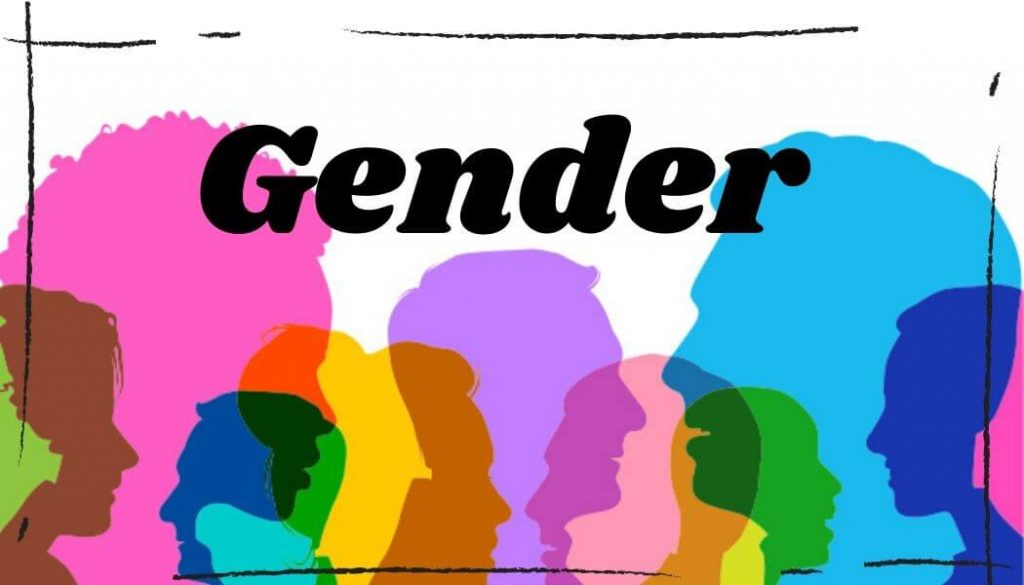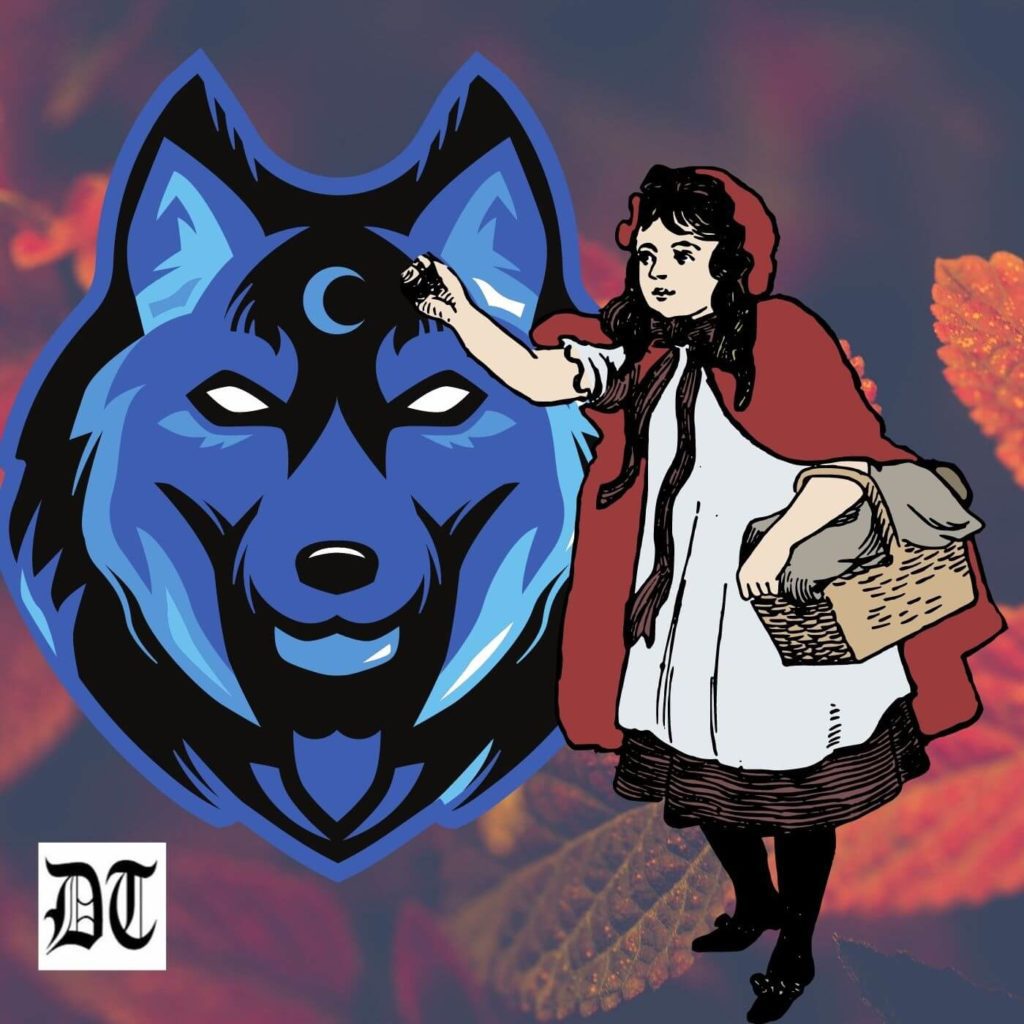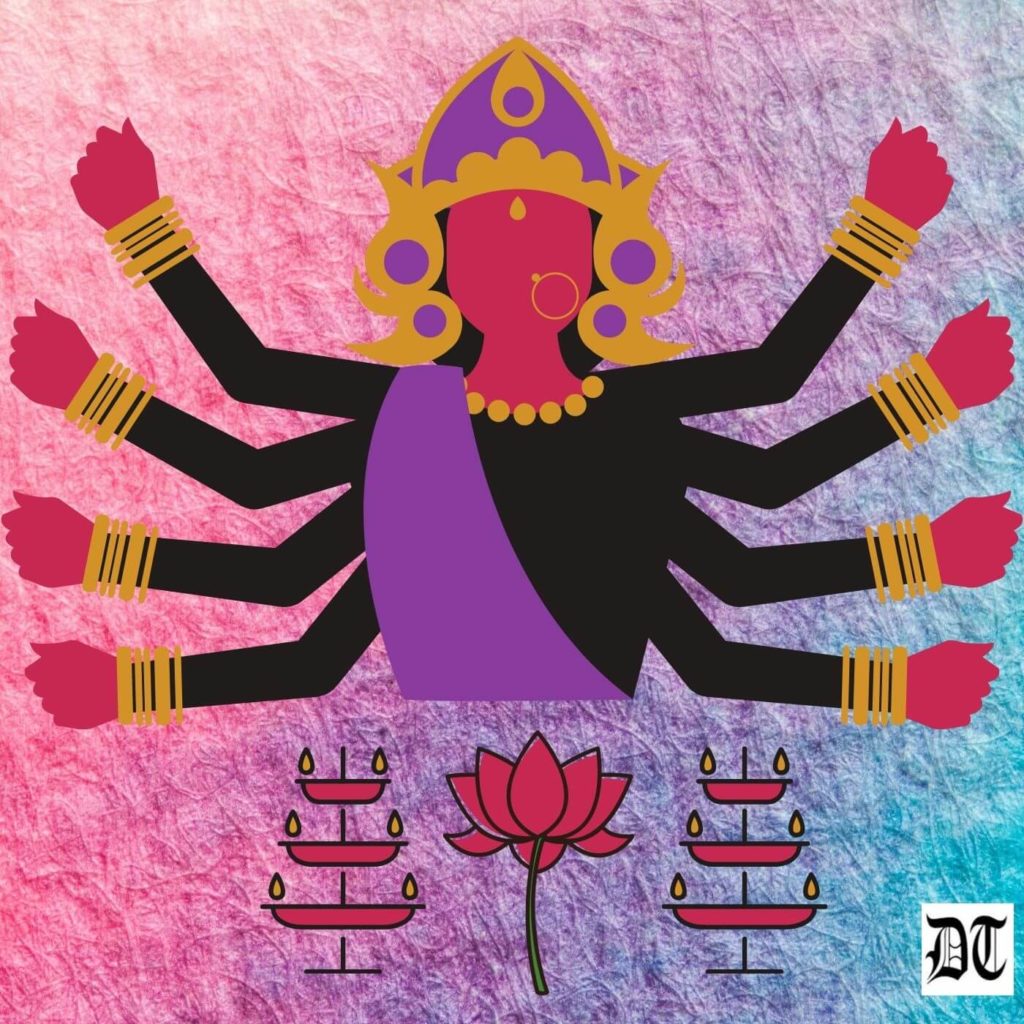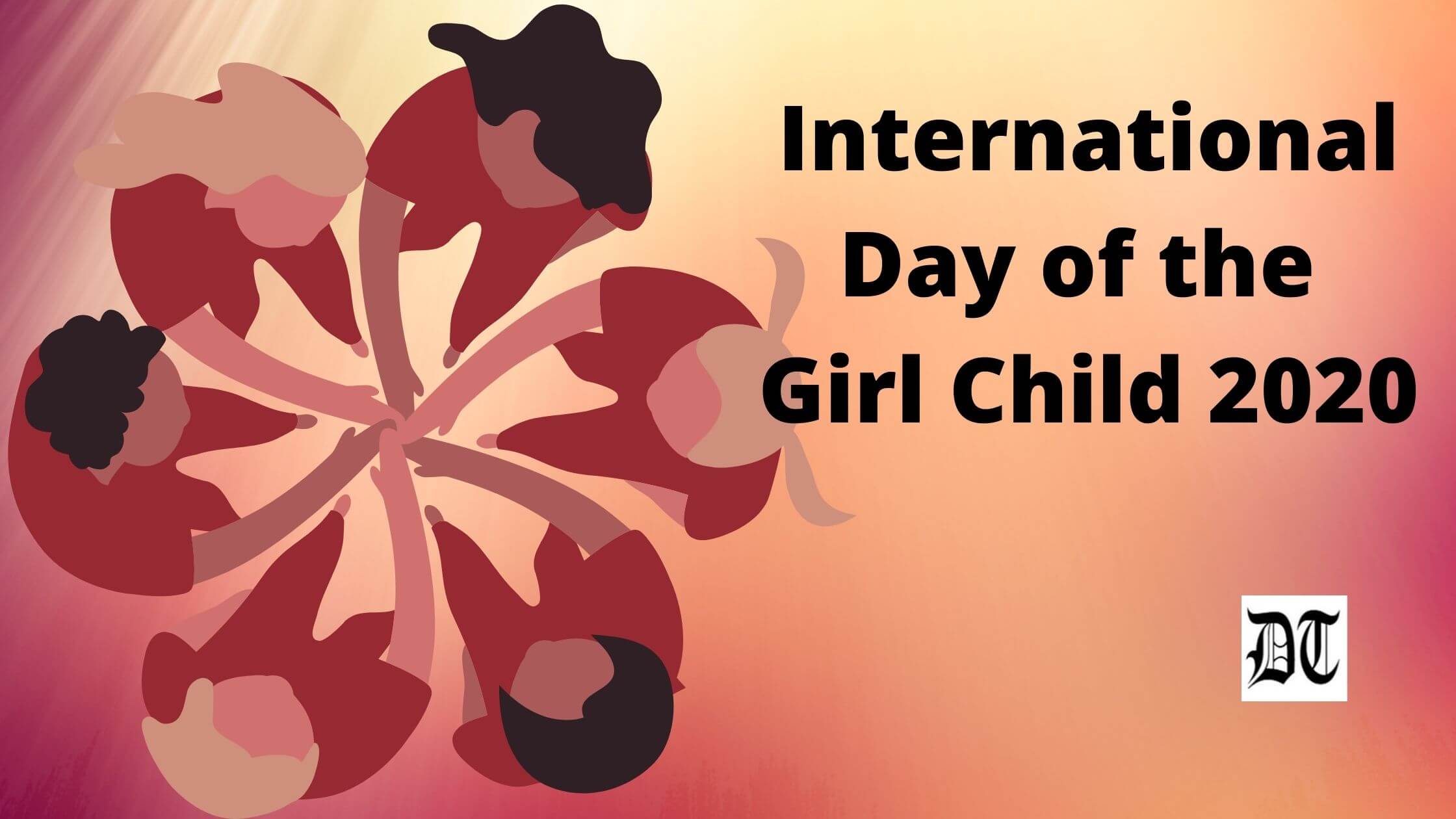Despite celebrating the International Day of the Girl Child, gender-related violence is on the rise, rues Pratima. An exclusive for Different Truths.

The International Day of the Girl Child is celebrated every year, on October 11, by UNICEF, to acknowledge and recognise the need to safeguard and create a better world for the girl children as also furnish them with a bright future with good educational opportunities. The agenda is to raise awareness about the day to day issues faced by girl children in their lives across the globe. Every year there is a theme for The International Day of the Girl Child and in 2020, the theme is, “My voice, our equal future.” The UNICEF website declares that “as adolescent girls worldwide assert their power as change-makers, International Day of the Girl Child 2020 will focus on their demands to:
- Live free from gender-based violence, harmful practices, and HIV and AIDS
- Learn new skills towards the futures they choose
- Lead as a generation of activists accelerating social change
(Source: https://www.unicef.org/gender-equality/international-day-girl-2020 )
Gender-based violence has occupied a central space in the gender-divided world, with young girls often subject to the violence of all kinds, ranging from molestation, rape, forced marriages to mental violence, body-shaming and the violence of being treated as the secondary and subservient sex in a patriarchal society.
Gender-based violence has occupied a central space in the gender-divided world, with young girls often subject to the violence of all kinds, ranging from molestation, rape, forced marriages to mental violence, body-shaming and the violence of being treated as the secondary and subservient sex in a patriarchal society. In today’s world and more specifically in our country, the issue which is of utmost importance concerning the girl children is her security which is jeopardised right from the day she is conceived as a foetus in her mother’s womb. From surviving the common practice of female infanticide which is endorsed by even the best of literate people in the Asiatic societies to eve-teasing, molestation and brutal rape, a young girl is vulnerable to all kinds of violence.

The society we create for our girl children is cruel, unsafe, and ruthless, questioning her sense of security at every juncture. Even our fairy tales and folktales endorse this viewpoint. I remember how as a child reading the popular fairy tale, Little Red Riding Hood, sent shivers down my spine. In the story, Little Red Riding Hood is a young girl of impressionable age, who decides to go out of the house alone through a wild forest and make her way to her grandma’s house. Her picturesque and brave journey is imperilled by her being followed and later attacked by a wolf. Almost certain to have died, she is saved in the last instance by a macho-man, a woodcutter who appears at the last moment to save the poor girl. The message for Little Red Riding Hood and the future generations of little red riding hoods is crystal clear — if a young girl dares ventures out of the house alone, the alleys and the roads which she is to undertake will turn into a wild forest, full of blood-thirsty wolves who are ready to devour her at any time. And so for her security, she should either remain indoors or seek the protection of a macho man — who in the case of the young girl would possibly be her father or brother or some other male elder of the family — who, owing to his manhood, would provide her with a protective shield. Should the world which has happily narrated the tale of Little Red Riding Hood since time immemorial, not revise it, edit it and make the journey of the young girl through the woods comfortable and perhaps make the young girl kill the wolf herself to boost her confidence? Till we do not achieve that secure environment, till we are incompetent in providing proper protection to our girls and emboldening them to lead their lives and boldly carry out their vocation, no other objective for the betterment of a girl child can be achieved. Till then the full-throated “voice” of a girl-child cannot be retrieved and her “future” will dwell in perennial trouble.
Most young girls have read Jane Austen’s novel Pride and Prejudice and have imagined themselves in the role of the Bennet sisters wearing beautiful Victorian evening dresses and waiting and even planning for the richest of men to choose them. The ironical opening sentence of Pride and Prejudice, “It is a truth universally acknowledged that a single man in possession of a good fortune, must be in want of a wife.” implies that women can find stability only through marrying rich men.
Most young girls have read Jane Austen’s novel Pride and Prejudice and have imagined themselves in the role of the Bennet sisters wearing beautiful Victorian evening dresses and waiting and even planning for the richest of men to choose them. The ironical opening sentence of Pride and Prejudice, “It is a truth universally acknowledged that a single man in possession of a good fortune, must be in want of a wife.” implies that women can find stability only through marrying rich men. This was somewhat true for women of the eighteenth century since they hardly had any vocation available to support their living. But we have come a long way from the neglected condition of girls in the eighteenth century who were deprived of proper education and jobs. Now there is a lot more focus on the education of girls and many women are working in different sectors of the world, occupying chief administrative posts, and even heading their nations successfully as Prime Ministers and Presidents. It is time that this age-old notion of prioritising marriage over girl’s education be done away with and investment be made into her studies rather than the dowry which she is to carry to her parents-in-law’s house.

It is wonderful to celebrate The International Day of the Girl Child every year. It undoubtedly is a noble thought. But ironically celebration of women, of girls of the female form of any kind, the human or the divine, fills my heart with fear. Born in India and having strong roots in Bengali tradition, a celebration of females always reminds me of the celebration of goddess Durga with gusto and vigour during the Sharad Navratra and then the immersion of the idol in sacred holy water after the end of the religious fervour, with waiting and hope of the Shakti, the goddess returning for celebration the next year. The girl child is celebrated and honoured in the auspicious days in Navratra later to be treated as a burden, an object, or a useless creature by the patriarchal society. A large part of her life, her desires, hopes, wishes, aspirations lie submerged in the whirlpool of patriarchy from where it seems there is no escape.
So it is high time the girls open up their pent-up wings and fly high, it is high time the governments across all nations take stringent action against any incidence of rape, molestation or violence associated with girls. It is high time we embolden our girls to carry a vocation of her choice.
So it is high time the girls open up their pent-up wings and fly high, it is high time the governments across all nations take stringent action against any incidence of rape, molestation or violence associated with girls. It is high time we embolden our girls to carry a vocation of her choice. It is high time to teach her that marriage is not the penultimate reality for her, that she is not a burden, that she is capable of education and vocation, be it in sports or any other sphere, and achieve great heights in everything under the sun. To fill you with stupendous energy to break all barriers in your path of emancipation, let me, my dear girls, remind you of these fiery lines from Maya Angelou’s poem, ‘Still I Rise’!
You may shoot me with your words,
You may cut me with your eyes,
You may kill me with your hatefulness,
But still, like air, I’ll rise.
Visuals by Differenttruths.com





 By
By
 By
By
 By
By
 By
By